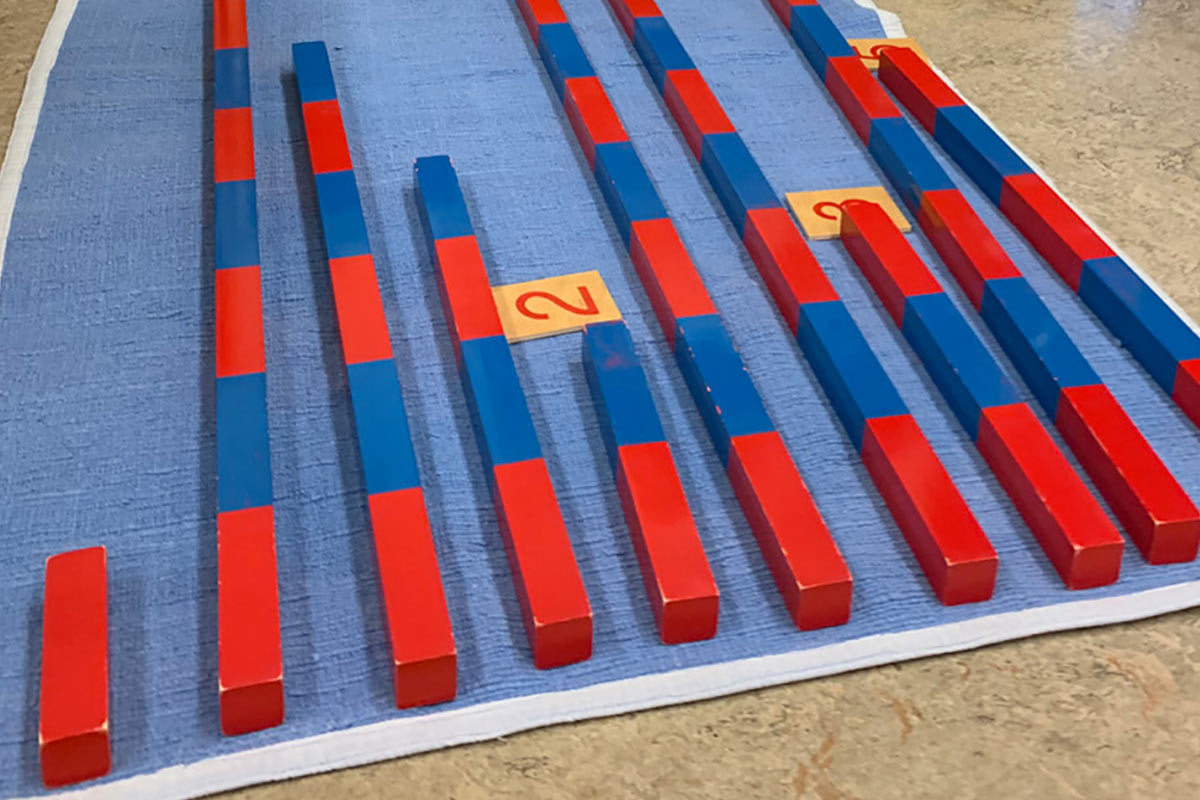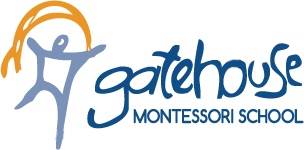Why Montessori
Montessori Philosophy
At Gatehouse Montessori School we follow the principles of Dr. Maria Montessori which emphasize the importance of recognizing each aspect of a child’s life emotionally, socially, physically and intellectually...the whole child. Dr. Montessori observed that when the child is actively working with their hands, refining and educating their senses, they develop concentration, self-awareness and positive social interaction skills. She especially observed that we are social beings who have a need to develop feelings of belonging to a community. For this reason, we strive to develop guidelines that are minimal and clear. We demonstrate “how to do” rather than “how not to do”.
The Montessori approach is often described as an "education for life." Children in a Montessori environment are exposed to the building blocks necessary for a lifetime of successful learning. With this in mind, Gatehouse endeavours to create a love of learning and a strong need to investigate. As well, we strive to develop self-confident, independent thinkers who learn as the result of manipulating the many purposeful didactic activities of the classroom environment. Embracing and utilizing the great potential of each individual child is essential.
The Montessori Method also teaches grace and courtesy, respect for others, patience, generosity, cooperation and kindness. As such, Gatehouse provides a nurturing and supportive environment that encourages the child to develop positive social skills.
WATCH: Typical Montessori Day Sample Video

Student Assessment Tools
At Gatehouse, assessment is viewed as an ongoing natural process that is a part of everyday life in the classroom. This involves most importantly, observation of each student and preparation of their environment with the appropriate learning materials and activities. All aspects of each individual child’s development including academic skills, intellectual development, along with emotional, social and physical growth are considered. This starts during the child’s first visit to the school when the Student Inquiry Form is filled out. The information collected allows us to have a clearer picture of the child’s development to date. The teachers keep track of presentations given to each child noting the activities the child is working on, as well as those activities mastered.
Other methods of assessment, the three period lesson, control of error, individual and small group lessons, ongoing teacher/administration meetings to discuss each child’s progress and parent/teacher conferences. Kindergarten parents will receive their child’s report card during the first week of June.
